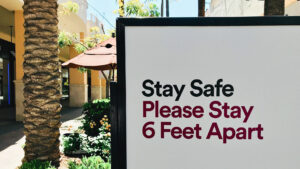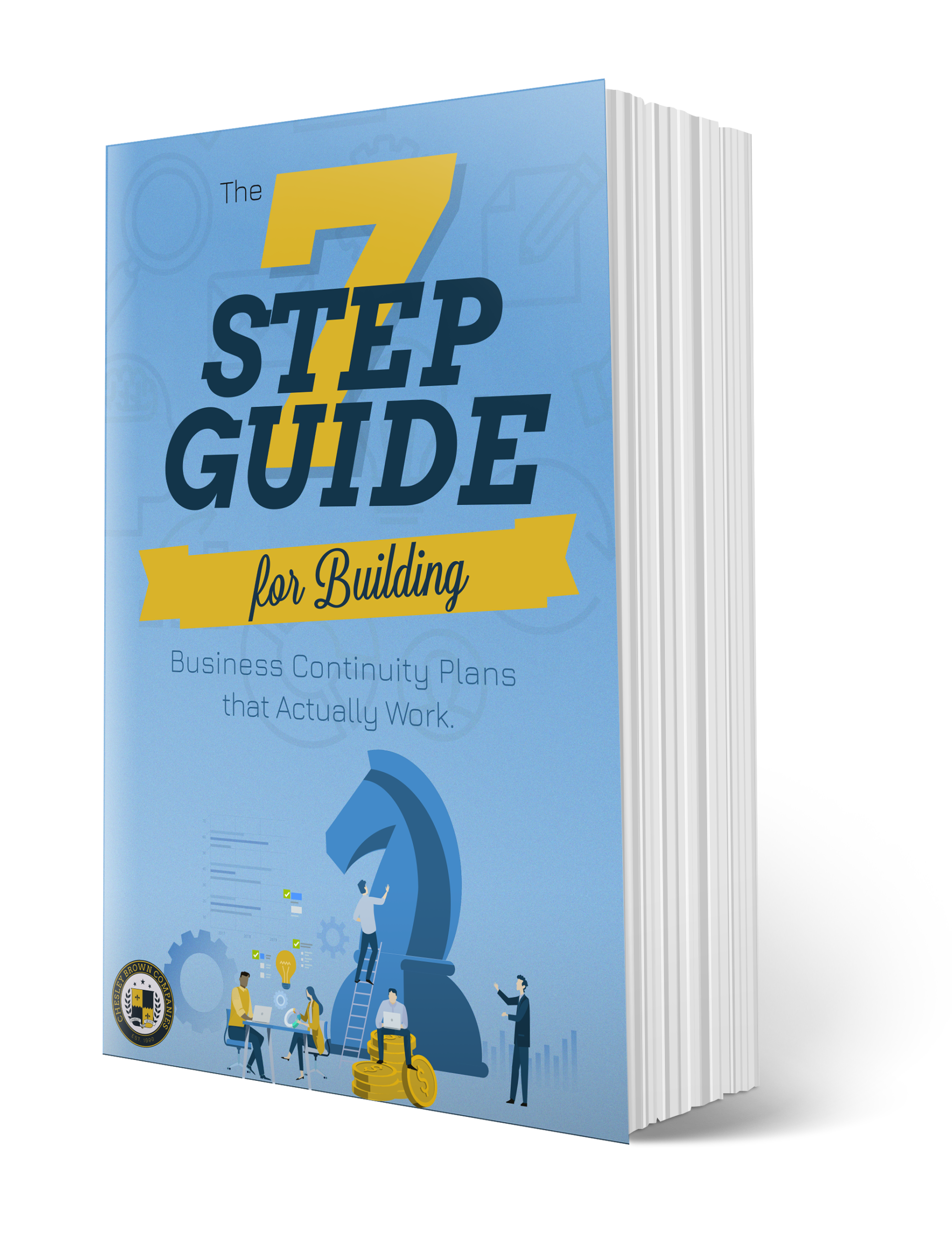Written By: James Hart
Safeguarding a building’s parking garages and parking lots can be one of the more important – and more challenging – security tasks for property management.
After all, those areas must be relatively open so employees, customers, vendors and other visitors can access them. However, that openness also makes it easier for intruders to break into cars, vandalize the property or even attack individuals.
In more serious cases, inadequate security can also hurt the bottom line for properties and their tenants if workers and visitors don’t feel safe using their parking. It can have a huge impact on a property’s appeal and reputation.
“When you’re visiting a property, one of the first things and last things you see, if you’re driving, is where you park,” said Cody Sims, an operations manager for Chesley Brown International, the security consulting and management firm.
Securing parking lots and garages can be tricky, though, especially for larger facilities with multiple levels and entrances. Because of all the out-of-the-way corners, it’s all too easy for bad actors to escape attention and cause problems.
Fortunately, property managers can reduce security risks in their parking areas by applying a few proven tactics. Here are some of the best practices that Chesley Brown recommends to its clients.
Install doors to control access to garages
Overhead doors usually cost more, but they tend to do a better job keeping trespassers out of garages than other solutions do, Sims said.
“We see a really big benefit in them,” Sims said. “They’re a huge investment, of course, but they can pay off in the long run.”
A gate arm, for example, can block vehicles from entering or exiting a garage, but the arm is primarily there to make sure drivers have permission to be there. The gate arm doesn’t really stop someone on foot from getting into the garage.
The same goes for garages where there’s no door or gate at all. Some of those properties use cameras to photograph the license plates of vehicles going into the garage. If someone doesn’t belong, they’ll eventually be sent a bill in the mail. But they still get into the garage, where they have the opportunity to cause problems.
Ultimately, stopping trespassers is the name of the game for security teams. They want to prevent intruders from getting inside so they can smash car windows or set up in the stairwells.
Use security cameras to watch the property and ward off trespassers
Well-run parking garages and parking lots will install closed-circuit television cameras everywhere they reasonably can so security officers can keep watch over more territory faster.
These properties will also have signage near the entrances, warning visitors that, yes, they are on camera. It’s not advisable to put signs next to each camera. A lot of property managers would reject the idea, saying that too many signs would create an eyesore.
Hanging signs next to the entrances, though, puts potential intruders on notice. They know they’re being recorded, and they might decide to try a parking garage that isn’t as secure, Sims said.
Consistently patrol the entire parking area, and not just during the day
Even with CCTV, it’s critical to have security officers on the ground, patrolling the parking lot or garage.
Parking areas tend to have higher usage during the working day when employees and customers are on the property, so it makes sense that patrols occur during those hours.
But nights and other off-hours offer as many — and sometimes more — opportunities for trespassers to create problems.
“We see security threats all day long, so at the properties we secure, we try to do our patrols all day,” Sims said.
An effective patrol will not only check the areas where cars are parked, he added. Officers should also ensure that stairwells and rooms that branch off the garage are secure, too.
“A lot of garages have storage, maintenance or electrical rooms, and if their doors aren’t secured by the end of the day, our patrol teams will check those areas,” Sims said.
Homeless people often decide to camp in those rooms, and they can sometimes damage important, expensive equipment.
Working with parking management companies
At most properties, the company providing security is different from the company that operates the garage or lot itself. These parking management companies let drivers in and out, and they provide a lot of the customer service related to parking.
However, they usually don’t take responsibility for patrolling the parking and removing trespassers. The property’s security team is.
That isn’t to say property management companies play no role in security. In fact, they’re on the front line against trespassers. Even their mere presence at a key entrance can scare off potential intruders.
“That deters a lot more people than just one security officer, who can’t watch the entrances at all times because they also have to patrol the garage’s other levels,” Sims said
As a result, Sims said, property managers should seek out parking companies that provide comprehensive service and staff their parking area appropriately. Paying for lower-cost service might lead to gaps that make it easier for trespassers to get into the property.
Creating a Plan for Parking Lot Security
To ensure a high level of protection, property managers should conduct annual security audits to identify potential threats and put solutions into place. Those audits should cover every aspect of the property, including parking garages and parking lots.
While some managers possess the experience and capacity to perform these reviews on their own, it can be helpful to tap a team of security consultants like Chelsey Brown. The firm draws on decades of experience providing service to essentially every type of property across the country.
As a result, its audits often uncover issues that others might overlook and suggest best practices that are proven to work, based on the firm’s expertise in managing security officers and systems for other clients.
To learn about how Chesley Brown can elevate your properties’ security, contact us today for a consultation.
Sign up!
For industry-leading guides and analysis sign up for our blog below.
Latest News
4 Crucial Things To Know About Business Impact Analysis
Risk is not optional. If you own a business, chances are, you will confront risks at some point. What’s more, as your business grows, potential business disruptions will increase in both frequency and harm potential.…
Read More2 Painless Ways to Transition Your Retail Business to Touchless Technology
Why your business should be transitioning to touchless tech right now As a business owner in the retail industry, adjusting to the Covid-19 pandemic is a huge challenge. Nevertheless, you’ve crossed your t’s and dotted…
Read More3 Overlooked Tips to Destress During the Holidays
Bring home holiday gifts without the baggage It’s that time of the year. Some would say the most wonderful time. But for others, the lights and tinsel of the holidays evoke strong memories of the…
Read MoreTop 5 Problems Facing the Retail Industry
And the best ways to solve them We’ve all heard the Black Friday stories of fist fights breaking out in aisles of the local big-box retailer. To the average person, such stories are humorous. But…
Read MoreHoliday Safety Tips
3 practical ways to stay safe in 2020 We’ve all heard humorous holiday tales. They make for great entertainment around the table during a turkey dinner. You know the stories–e.g., the time Uncle Frank fell…
Read More







